Latest Stories
This section doesn’t currently include any content. Add content to this section using the sidebar.
How Effective is Blue Light Therapy?

Blue light therapy is also called phototherapy. It has become popular as a natural treatment for different conditions. It uses blue light on your skin, which has many benefits. In this article, we'll look at how well it works and what it can help with.
What is Blue Light Therapy?
Blue light therapy is a specific wavelength of light ranging from 405 to 480 nanometers, aiming to address various medical and cosmetic concerns. This treatment stimulates the body's production of natural chemicals. This improves healing and overall wellbeing. Benefits may include the potential to diminish swelling, eliminate bacteria, and enhance the look and feel of the skin.
Applications of Blue Light Therapy
- Acne: Blue light therapy is an effective acne treatment. The therapy works by killing the bacteria that cause acne. It reduces inflammation and promotes healing.
- Seasonal Affective Disorder (SAD): Blue light therapy is an effective treatment for SAD, a type of depression that occurs during the winter months. The therapy works by stimulating the production of serotonin. It is a neurotransmitter that regulates mood.
- Sleep Disorders: Blue light therapy is an effective treatment for sleep disorders such as insomnia. The therapy works by resetting the body's natural circadian rhythm. It regulates sleep-wake cycles.
- Psoriasis: This is a chronic skin condition that causes red, scaly patches on the skin. Blue Light therapy works by reducing inflammation and promoting healing.
- Skin Rejuvenation: Blue light therapy is an effective treatment for improving the appearance of the skin. The therapy works by stimulating collagen production. This helps to improve skin tone and texture.
Effectiveness of Blue Light Therapy
How well blue light therapy works depends on the condition it's used for and the quality of the device. For instance, it's great for treating acne, with some studies showing it can clear up to 80% of it. It also helps with SAD and sleep problems.
But, with a low quality device, the skin cannot benefit from a weak light source.
Possible Side Effects of Blue Light Therapy
Blue light therapy is usually safe with very few side effects. Some folks might have temporary redness, dryness, or irritation on their skin after the treatment.
But, it's important to know that if you're taking certain medications like retinoids, you shouldn't use blue light therapy. They can make your skin more sensitive to light.
Conclusion
Blue light therapy is a excellent treatment that can help with various conditions like acne, SAD, sleep problems, and psoriasis. It makes your skin look better. It's usually safe and well-tolerated. If you're thinking about purchasing a device for home or business use check out or best seller below!
Ready to heal with illuminate? Get started today with our Illuminate BLUE!
Learn More About The Science of Red Light Therapy
"Barolet, D., Roberge, C. J., Auger, F. A., & Boucher, A. (2009). Germs beware: killing bacteria with ultraviolet light. Journal of Investigative Dermatology, 129(11), 2505-2507. https://doi.org/10.1038/jid.2009.237"
"Cao, H., Yang, G., Wang, Y., Liu, J. P., Smith, C. A., Luo, H., & Liu, Y. (2015). Complementary therapies for acne vulgaris. Cochrane Database of Systematic Reviews, 2015(1). https://doi.org/10.1002/14651858.CD009436.pub2"
"Figueiro, M. G. (2017). Light, sleep and circadian rhythms in older adults with Alzheimer's disease and related dementias. Neurodegenerative Disease Management, 7(2), 119-145. https://doi.org/10.2217/nmt-2016-0065"
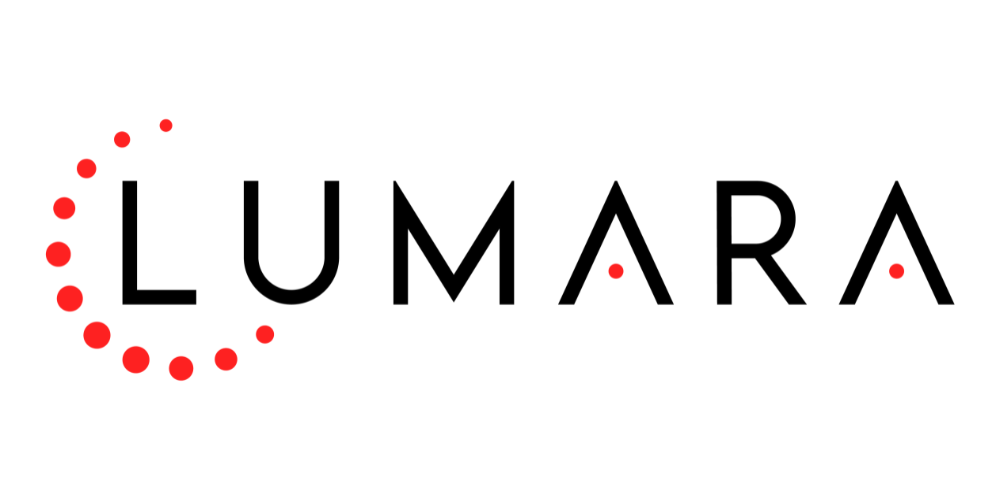
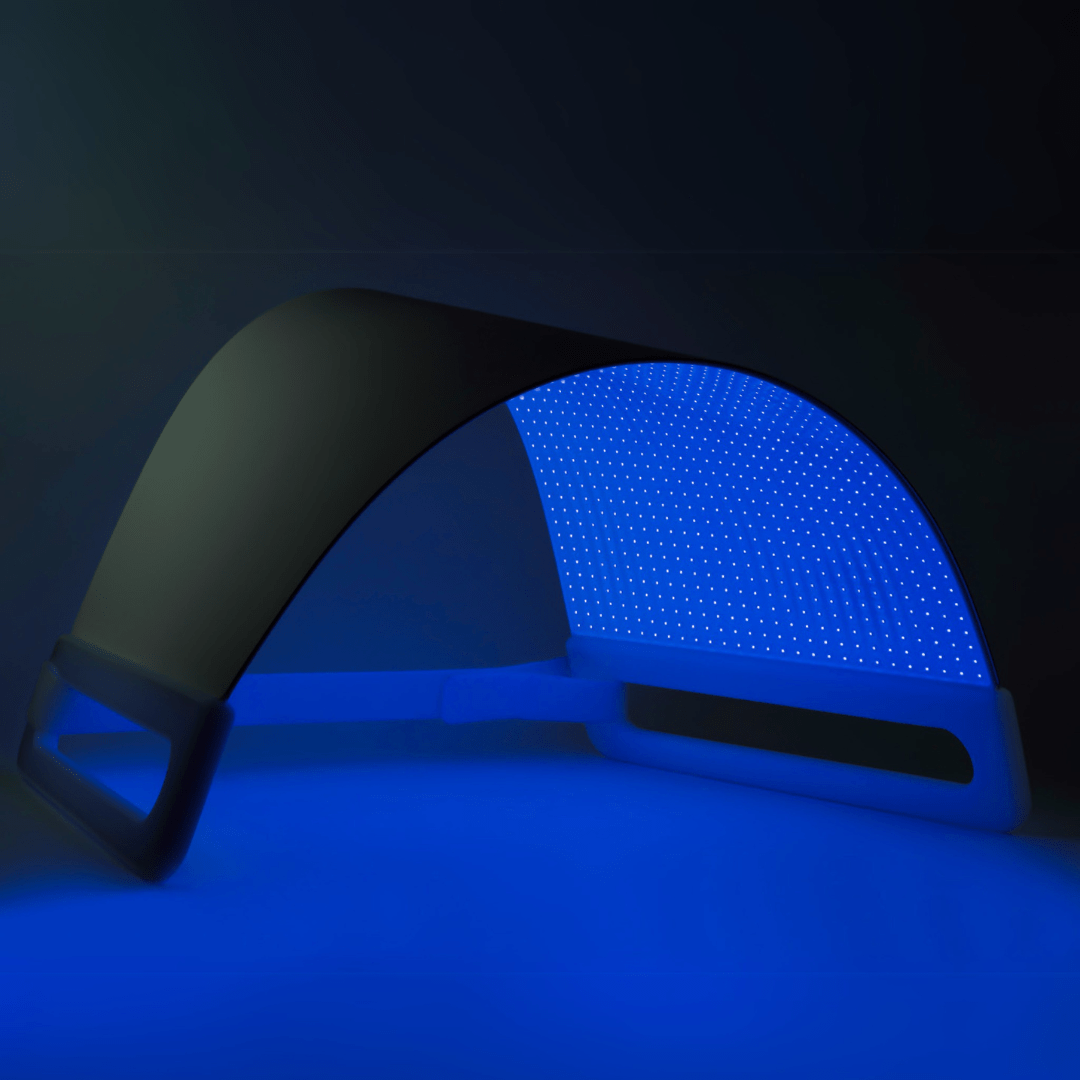
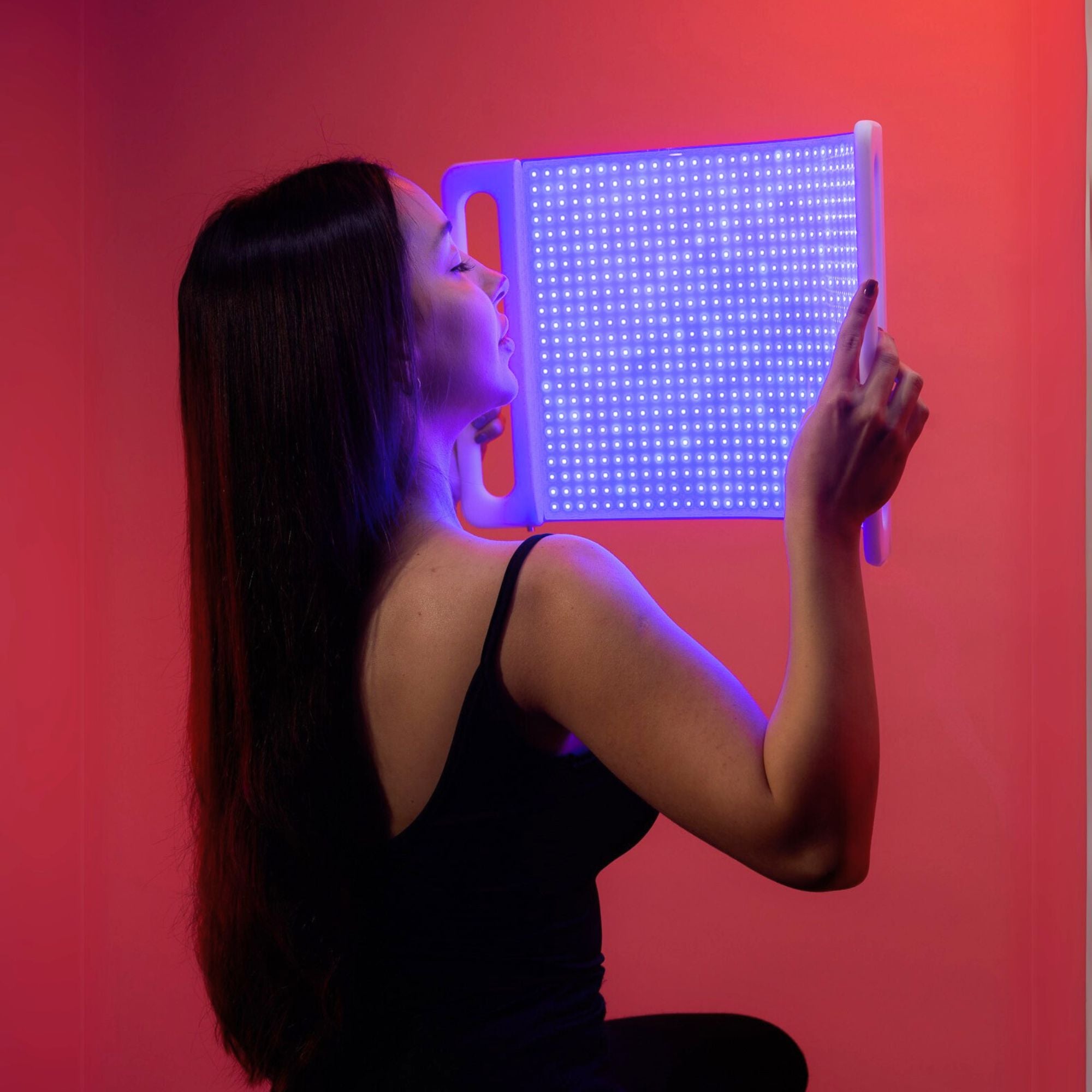
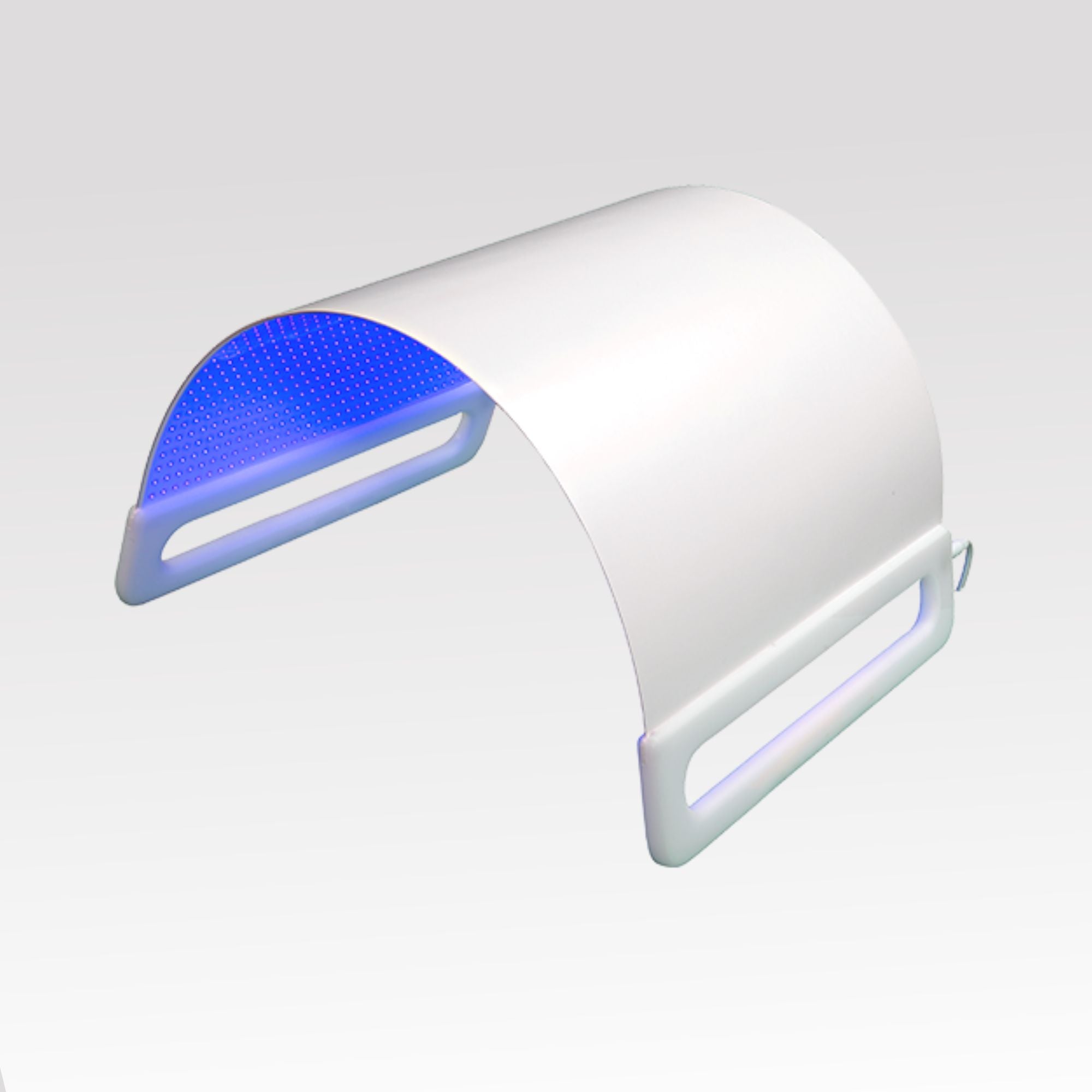
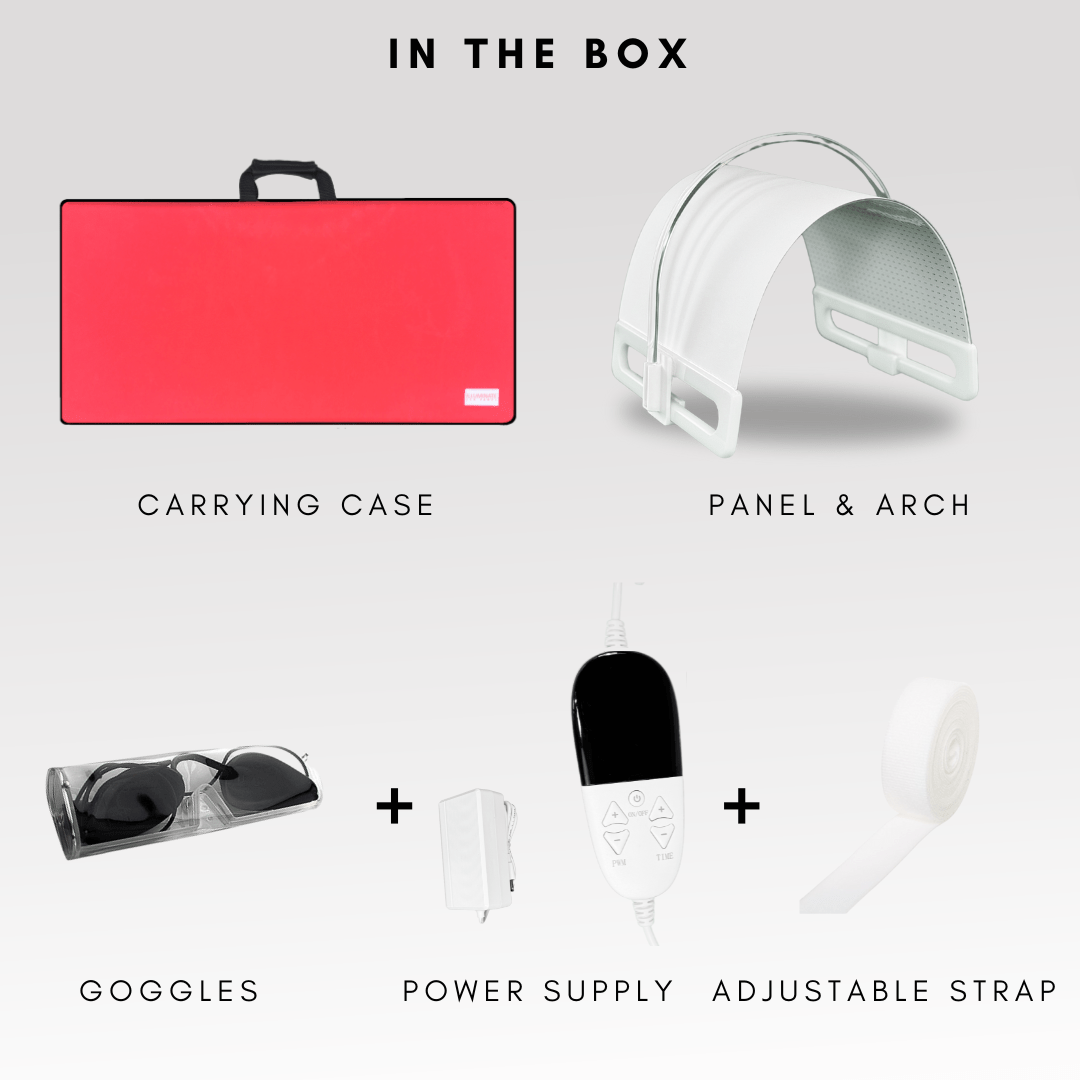
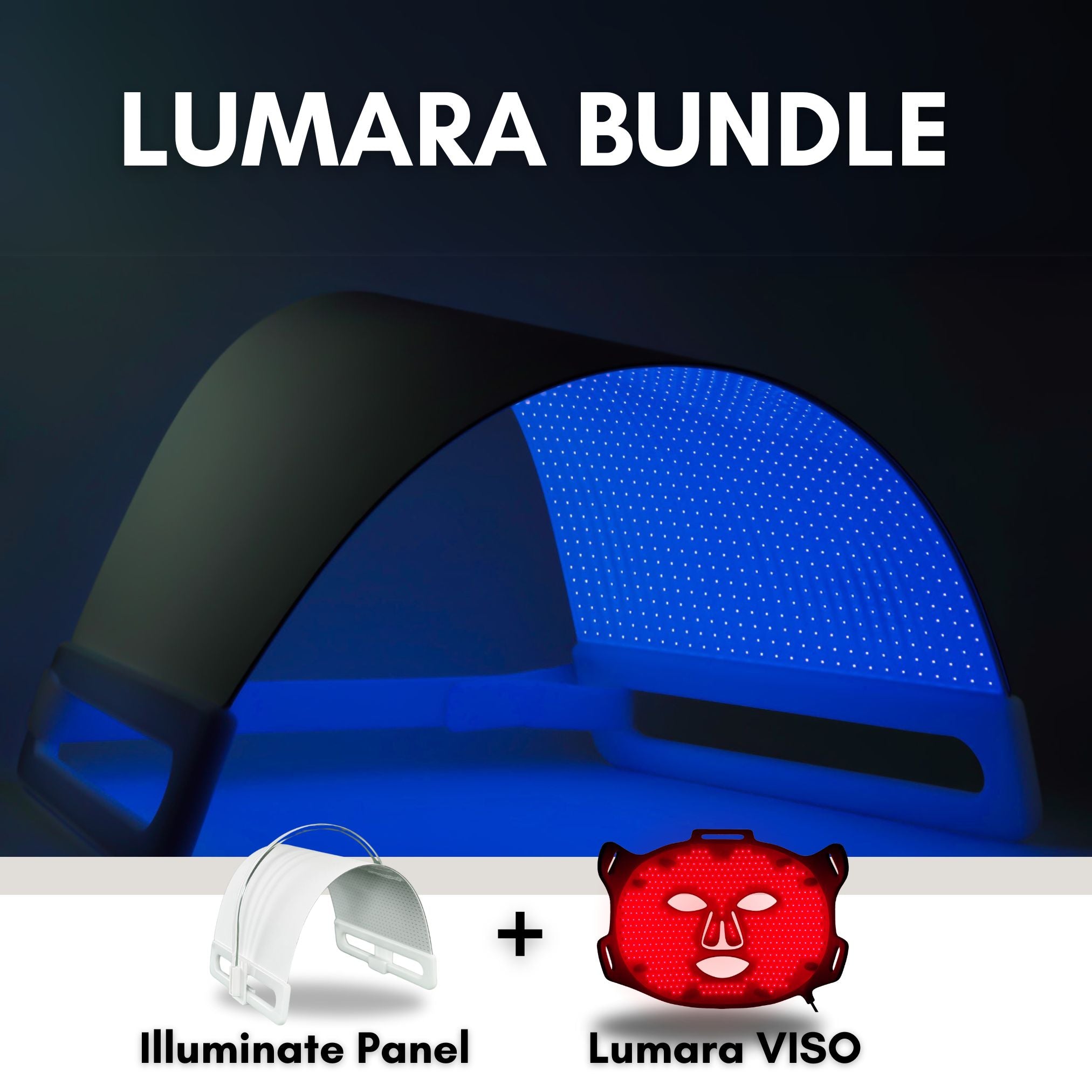
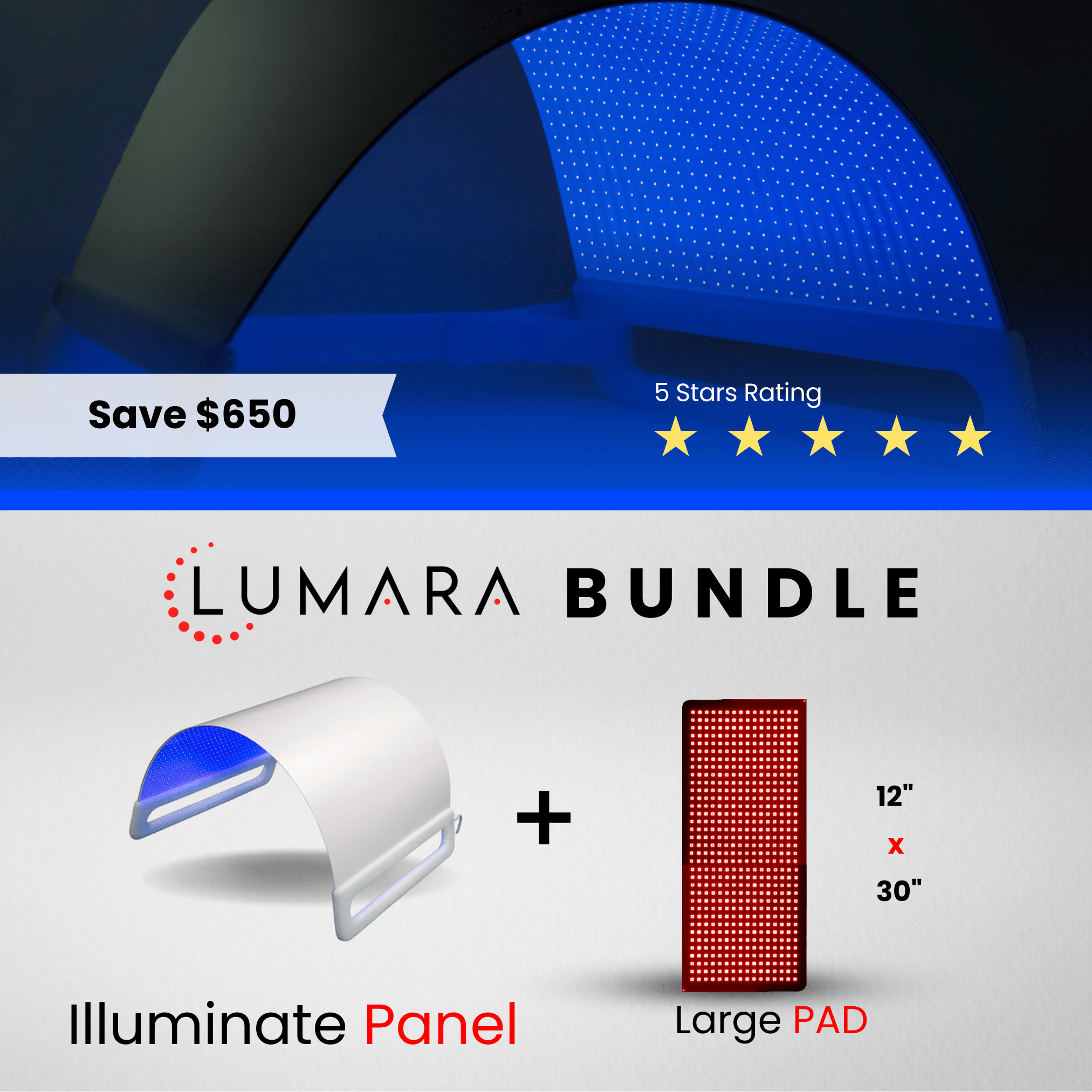
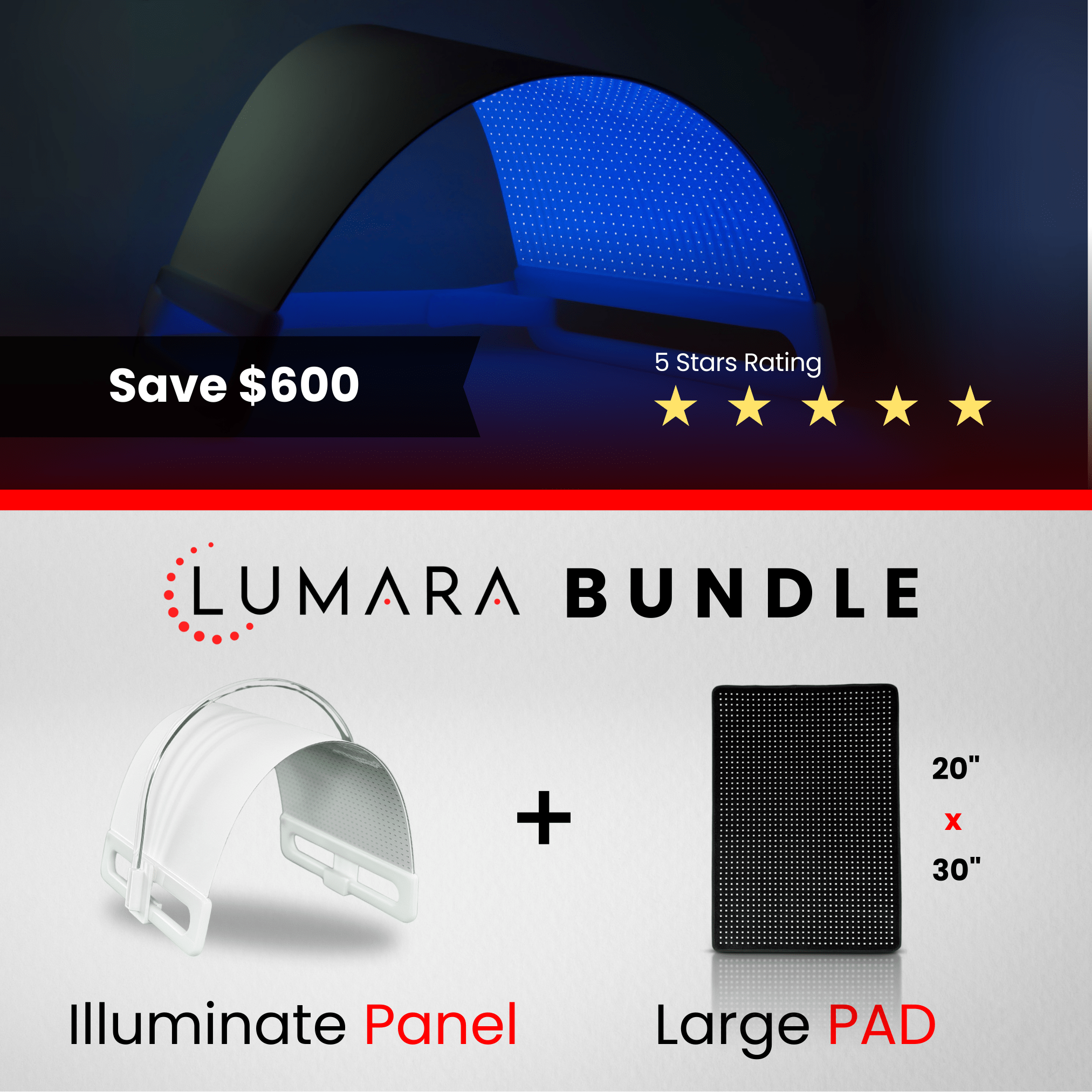
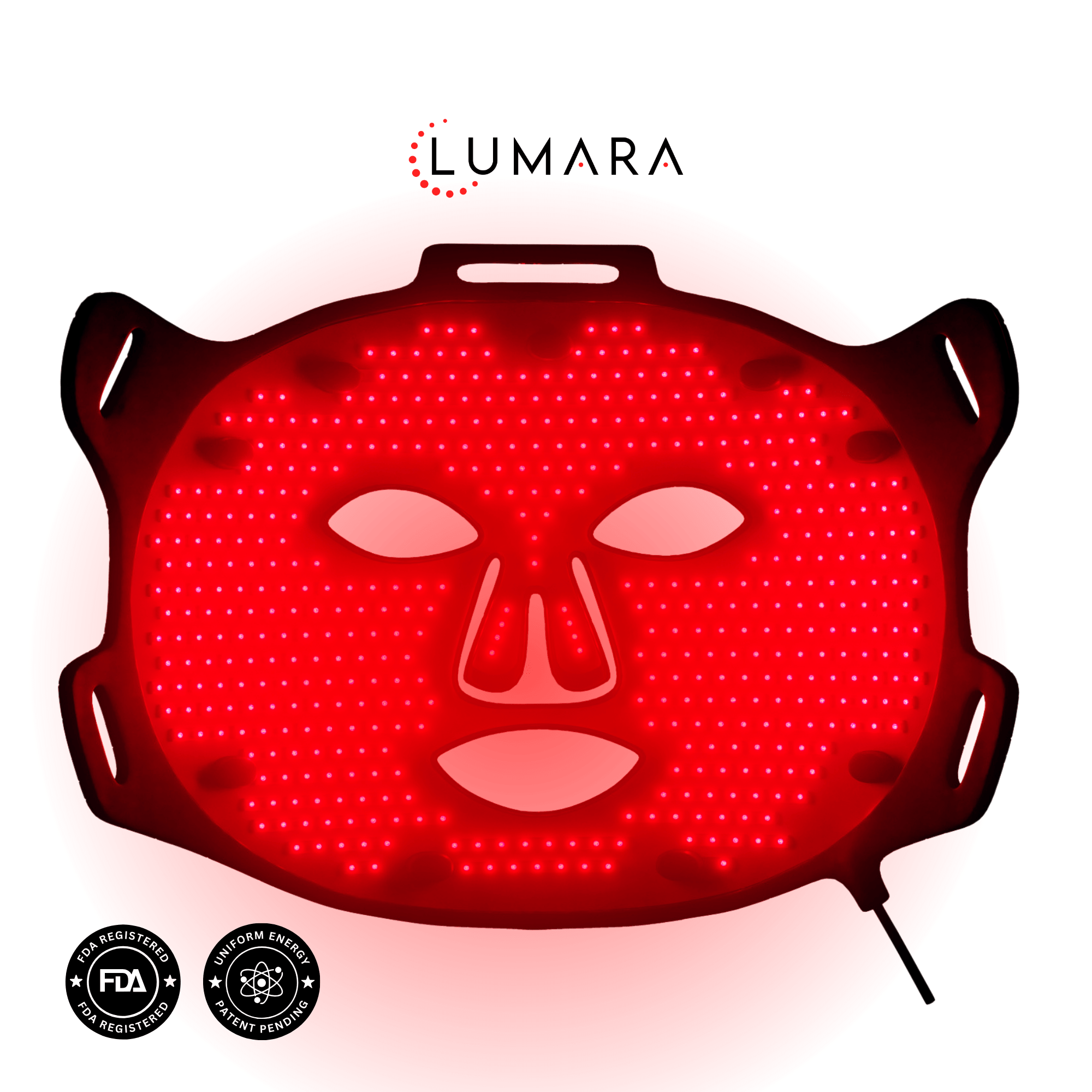

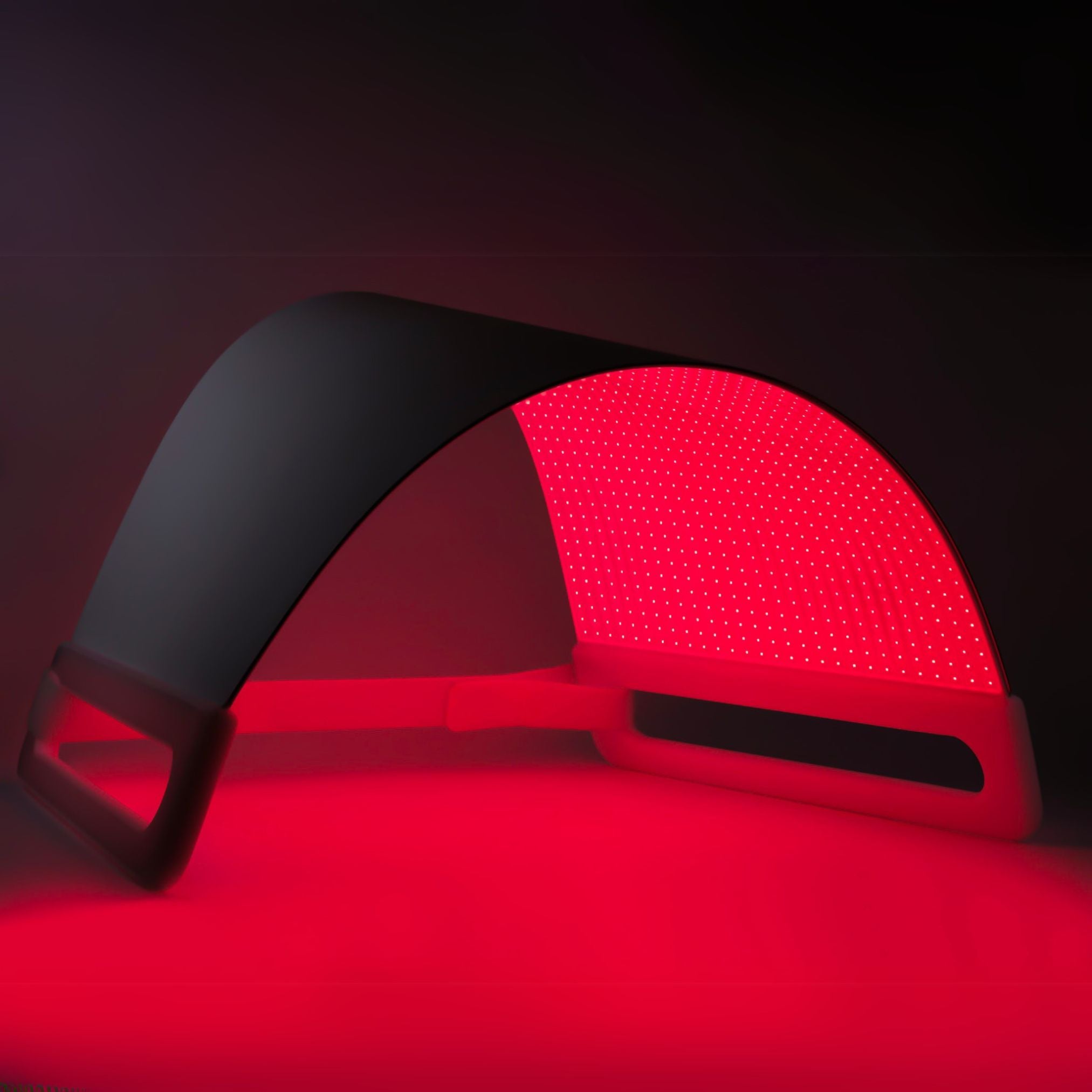
Share:
Beat the Winter Blues with Blue Light Therapy for SAD
Green LED Light Therapy Benefits for Hyperpigmentation